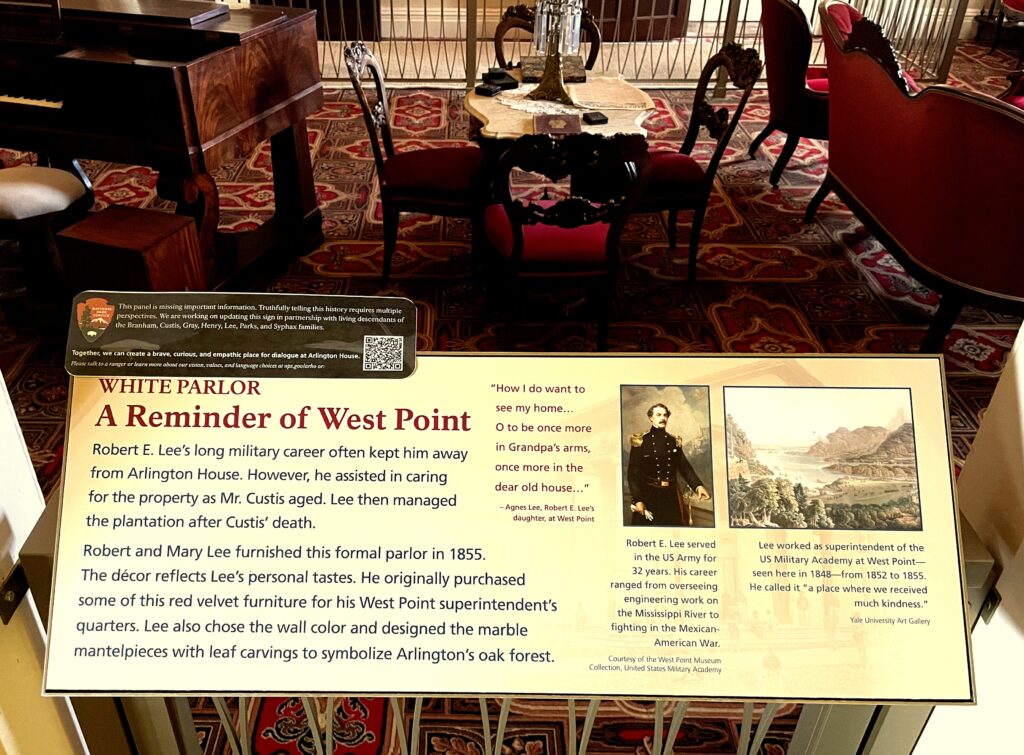One of the most incompetent and degenerate emperors of ancient Rome will be considered a member of an oppressed and protected class from now on. Elagabalus, a Syriac Roman emperor who was arguably a crossdresser, should have his “pronouns respected,” according to a British museum.
Keith Hoskins, who is a Liberal Democrat councilor and executive member for arts at the Lib Dem–Labour coalition-run council, claimed that Elagabalus most definitely preferred the “she” pronoun. “We know that Elagabalus identified as a woman and was explicit about which pronouns to use, which shows that pronouns are not a new thing. It is only polite and respectful.”
In another recent incident, a “study” has discovered instances of “premodern structural racism” after concluding that black women were most likely to die from the London plague.
These are, of course, comical.
Elagabalus was a noted deviant, but it is also likely that he was a victim of character assassination; the main source for his rule, the anonymous Historia Augusta, is a farrago of pornographic fiction and satire. Any claim of “crossdressers” being “transgender” calls into question its own premise, as it implies that there is indeed no biological transgenderism; the fad is just a fetish of deviant men dressing up as women. This is pretty much what conservatives claim anyway. Likewise, the idea that black Africans were in London in the 14th century and were victims of structural racism is so absurd that it defies logic.
Dr. Rebecca Redfern, from the Museum of London, said, “We have no primary written sources from people of colour and those of black African descent during the Great Pestilence of the 14th Century, so archaeological research is essential to understanding more about their lives and experiences.”
Well, yes, because there weren’t any. It was 14th-century London. The darkest people there were perhaps a few soot-covered Cornishmen.
This isn’t just a British malady. I went to the Lee House in Arlington recently—surprisingly still standing despite the current climate—but the signs of revisionism were there already. Even simple descriptive panels had disclaimers of “missing information”, no doubt to be filled at a later date after consultation with some DEI bureaucrat.
Subscribe Today
Get daily emails in your inbox

This is also why my colleague and Jarrett Stepman and I have started the History Reconsidered podcast, available weekly on every podcast platform and eventually on this site.
Sir Roger Scruton said that small acts of rebellion start on an individual level. Instead of moaning about the decline of history, it is an individual’s duty to uphold and create new institutions and platforms. Because History with a capital H, as a discipline, is too important to be left to fanatics and ideologues, whether within the corrupt academy or in ideological museums.





















































